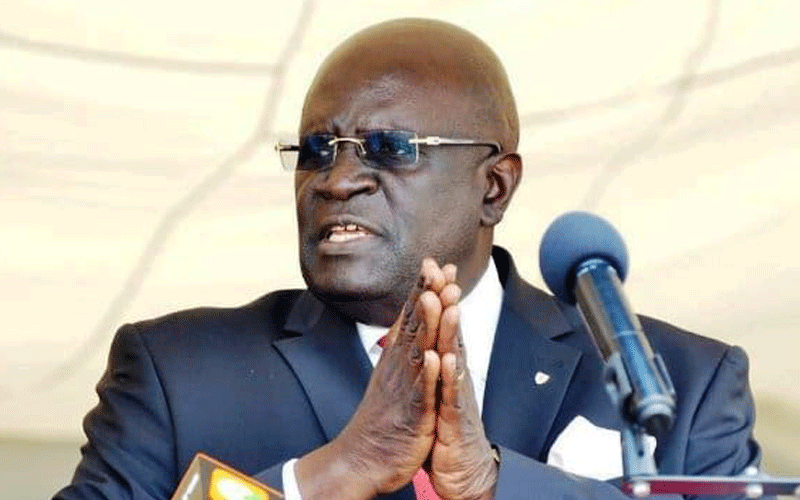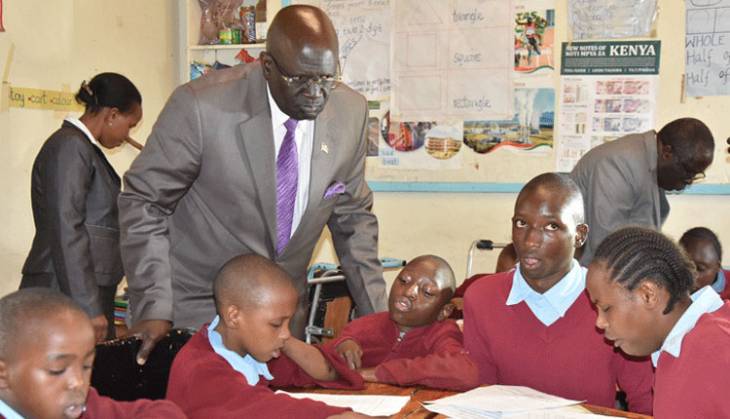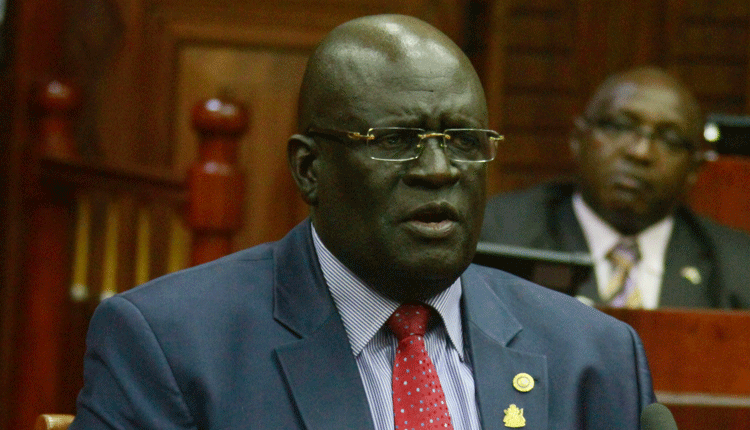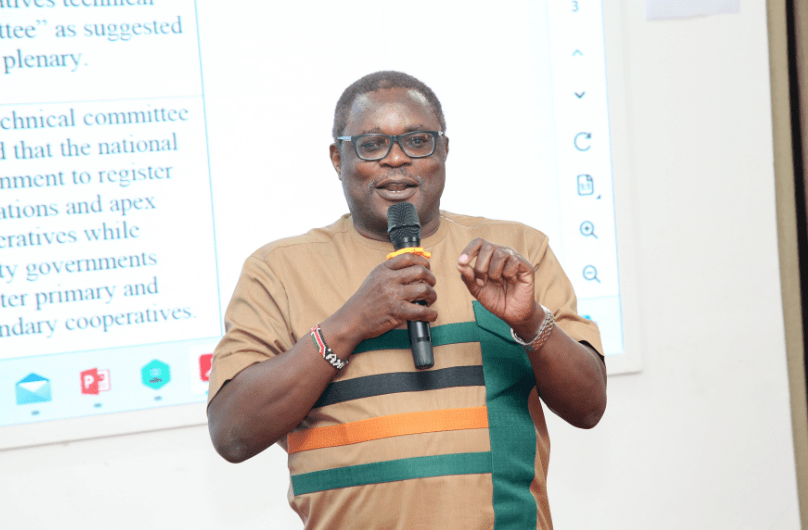Education: Teachers must help learners build confidence

Hundreds of the 2019 KCPE candidates continue to join Form One to start their secondary education experience. They join secondary education with hope and anxiety.
They hope this level of education will provide them with an opportunity to develop their innate abilities, talents and skills.
The learners have confidence the secondary education will build onto the knowledge, skills and attitudes acquired in primary school.
All the learners have joined Form One with different entry behaviour. This refers to what the student has learned prior to joining high school—a range of intellectual ability and development, motivational state, and certain social and cultural determinants of their learning ability.
One of the most important competences envisioned in the Basic Education Curriculum Framework (BECF), which incidentally, underpins the Competence Based Curriculum (CBC) the government is implementing, is self-efficacy—a person’s belief about his or her capabilities to perform tasks or assignments that can change his or her life.
Self-efficacy is the foundation of success in everything. Behind successful sports persons, lies confidence.
We saw what confidence can do in the case of Kenyan athlete Eliud Kipchoge, who became the first human to run a marathon under two hours last year.
The concept is not new in education. Confidence in students is an important factor in success. It is the DNA of academic success for most students.
When a child loses self-esteem, they may lose motivation in learning. It follows, therefore, that learners need to be cultivated in them confidence as envisaged in the new curriculum.
In Sports, there are people referred to as confidence players: those who play poorly when they are low on confidence. Without self-confidence the players struggle to do well.
In today’s coaching psychology, it is critical that coaches go out of their way to build the confidence of their players.
In schooling as in sporting world, we have confidence students. These are students who need an environment that is encouraging and not one that scoffs at every poor show in class. The students don’t just need competent teachers, but also caring teachers.
Over 90 per cent of the students are within the age German-American psychologist and psychoanalyst, Erick Erickson called the age of Identity vs Role Confusion.
According to him, children between ages 12-18 are in the process of developing a sense of self.
These are the type of children entering secondary school with two major tasks on their hands—to find who they are, and to learn.
In this context, teaching is not just about helping students acquire understanding, knowledge, and skills, it also about making them feel good about themselves.
Building confidence in students is one of the most important step the school community—parents, teachers, students—can take to ensure an atmosphere of learning.
One of the drawbacks with the education 8-4-4 system that the CBC is gradually replacing is that it is highly competitive and unnecessarily so.
Traditional measures of the worth of a student have always been based on marks and grades they score. Any false start in a secondary school setting has damaging effects on the life of a learner.
The child who got good grades in KCPE but gets dismal marks in a subject in First Term starts to doubt himself. Such a child need some affirmation.
That is where subject teachers need the skills of a coach in helping build or rebuild the confidence of learners.
School organisations that embed social and emotional support in their programmes also protect weak students from emotional bullying.
The school is a complex system. It exists to ensure children learn. Teaching is a means to that end. Teaching is deemed to have happened when students learn.
For this to happen, learners don’t just need competent teachers, but also teachers who are caring and can boost their self-esteem. —The writer is Communications Officer, Ministry of Education













